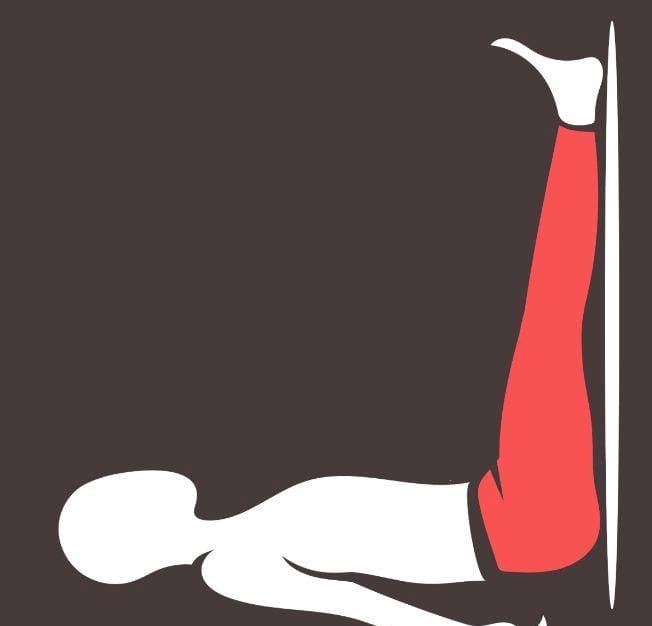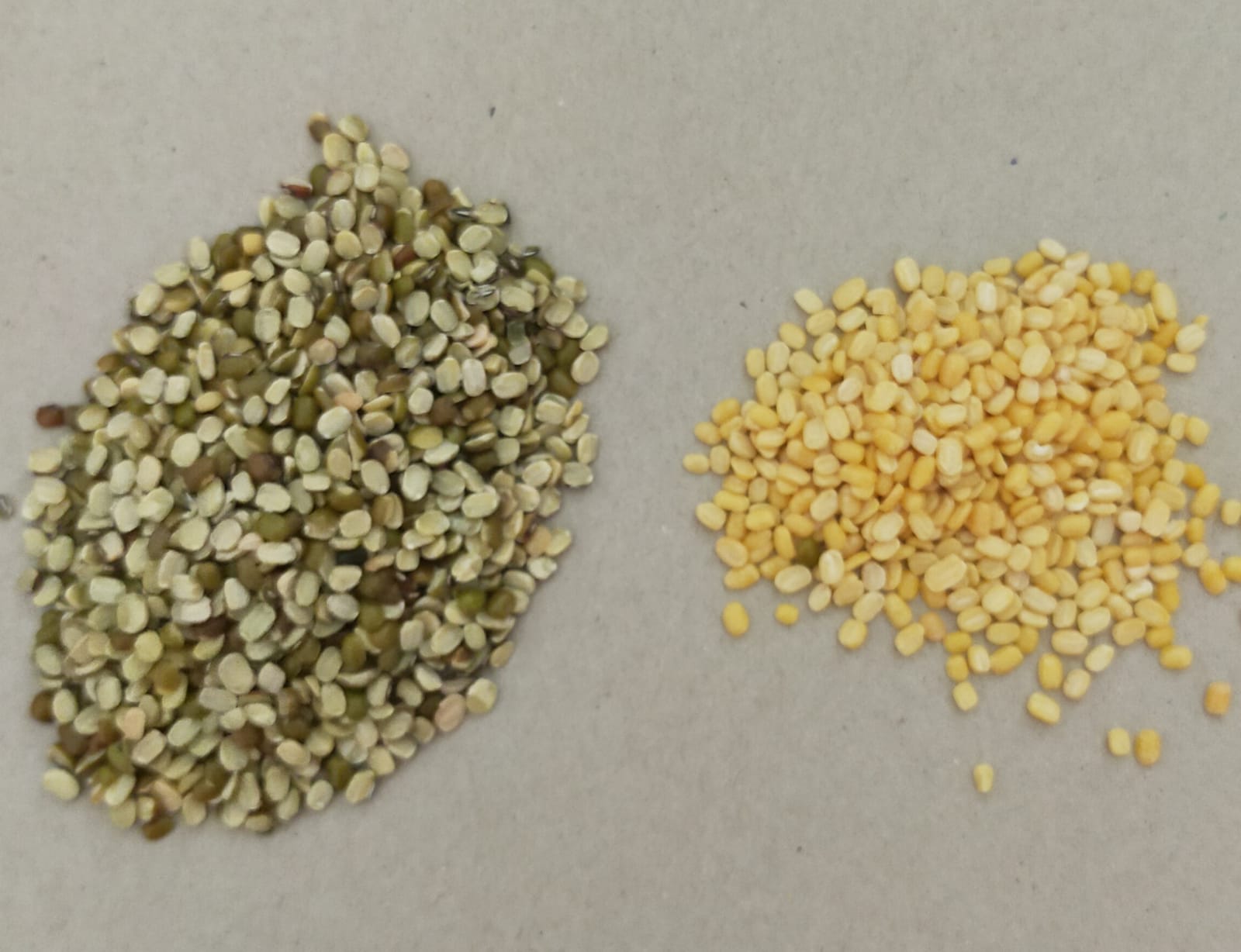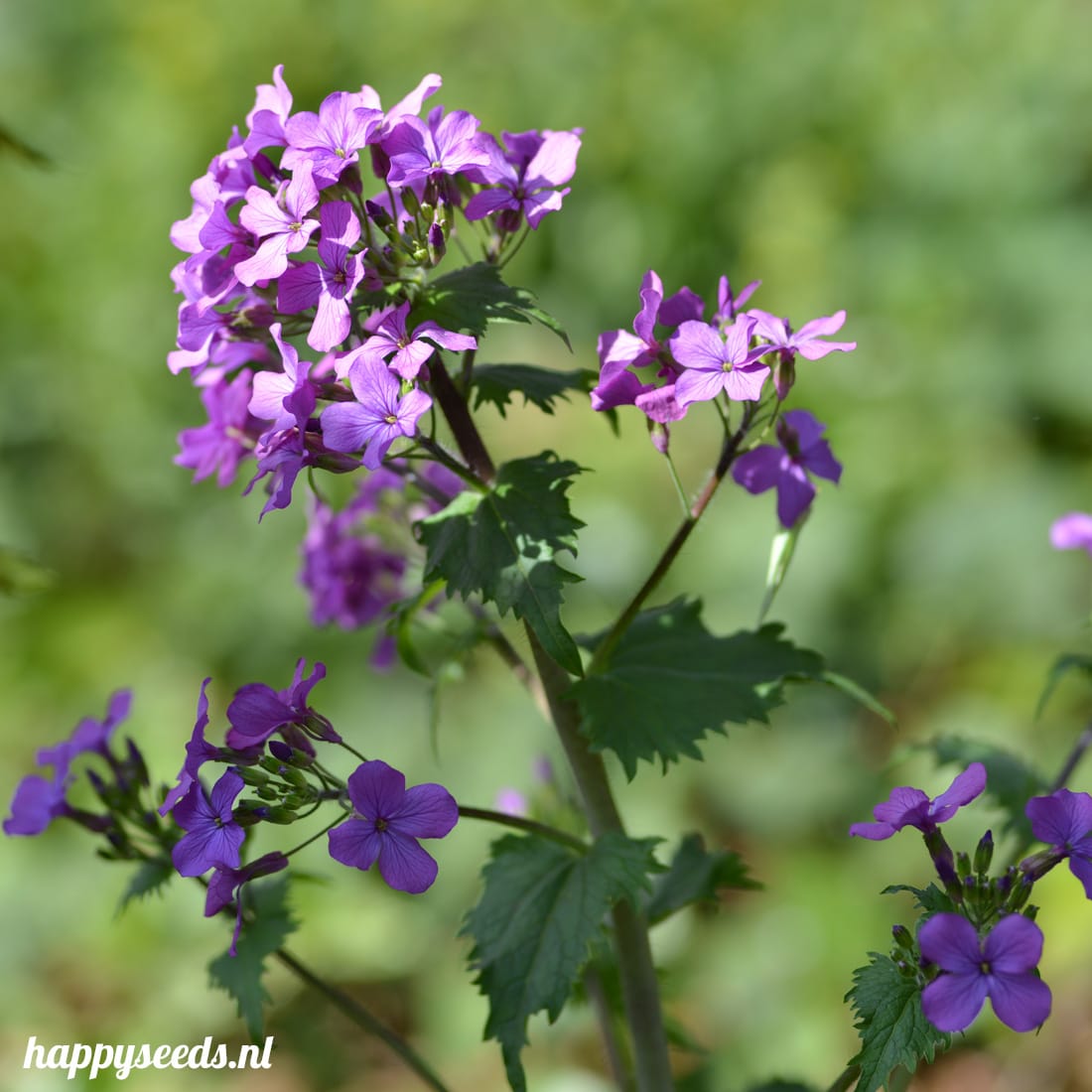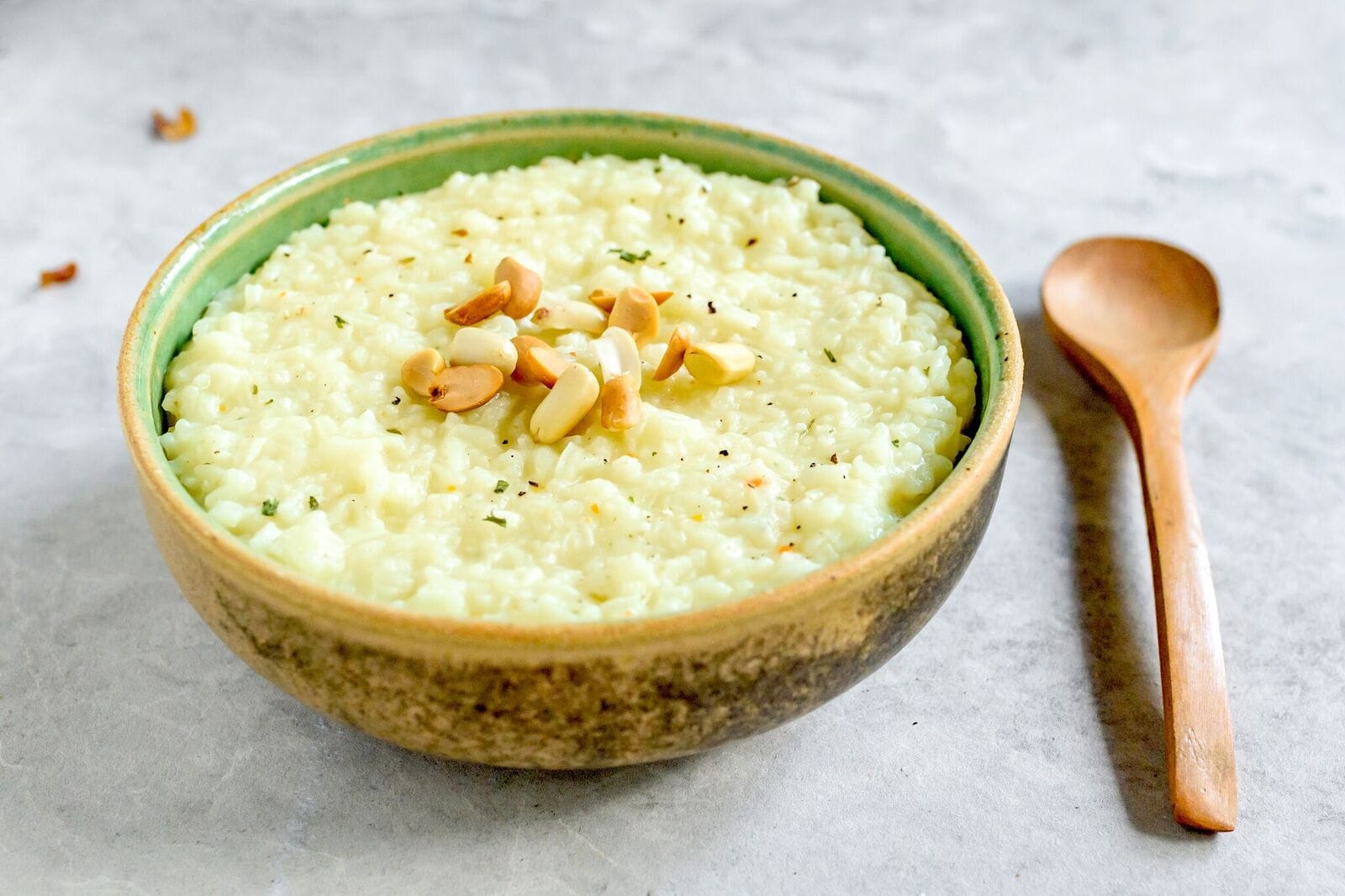In the first blog on stress, we talked about what stress is, energetic accounting and stress signals. In the second blog, we talked about what can cause stress. And this month we will talk about what happens in your body when stress occurs. This might be a little technical, but please bear with us. We think it might be important for you to know. For many people, stress is so normal these days,but your body is in a survival mode and not in a state of living life to the fullest.
What happens in your body when stress occurs?
The physical stress reactions ensure that as much energy as possible is released for a fight/flight reaction. Your eye lens will focus and dilate your pupils. Your breath goes up, goes faster, your bronchi dilate and so are your pulmonary bloodvessels. Your heartbeat and the contractile tendency increase.Your adrenal glands will produce the hormone adrenaline.This hormone is also called rocket fuel. Your liver will release glucose under the influence of adrenaline to quickly convert sugar into energy. Your kidneys are going to reduce urine production. Your stomach will reduce the production of digestive enzymes. The bloodvessels to the digestive tract will narrow and the intestinal peristaltis slows down. Your hair will will stand upright and your sweat pores open. Your muscletension goes up. More calcium is being extracted from your body. The calcium is absorbed into the blood, so that your blood can clot faster in case of injury. And last but not least: your immune system can be affected by long term stress.All these reactions are regulated by the body and happen unconsiously. But there is also good news. The only bridge between consious and unconsious, is your breath. So, when you get aware of the fact that you feel stressed, slow down and consiously in- and exhale slowly and deeply. This will reduce the stress immediately.
What happens in your body when stress continues?
When you are constantly feeling unsafe, calcium will keep circulating in Your blood that is not being consumed. This can lead to arteriosclerosis, boneloss (osteoporosis) and kidneyproblems due to calcification. Due to tension, your bloodpressure increases and you have an increased risk of cardiovascular disease. There is too much adrenaline circulating in your body. Because of the high levels of adrenaline, the energy can not be used anymore for other, for substances necessary for life, such as the production of pigment. Because of this, the body cannot store much sunlight and the skin and bonesystem will degenerate. The sympathetic nervous system (the generator) will be continiously on alart and the parasympathetic nervoussystem (the tranquilizer) cannot get to rest and recovery. Persistant stress can lead to increased permeability of the intestinal wall. We call this ‘leaky gut’. A leaky gut can lead to illnesses such as ME and fibromyalgia. If your muscle tension cannot reduce sufficiently, stress remains in your body and most commonly it stores in your neck, shoulders or in your lowback. Exzema, acne and psoriasis can be triggered by periods of chronic stress. High stress levels can cause hairloss and even baldness. Chronic stress can lead to poor concentration, low mood, personality changes and my even damage braincells. In addition, persistent stress has an impact on you hormone balance and it can lead to burn-out.
Be on the lookout for the next blog in this serie and please let us know if this blog was of interest for you. You can contact us with the contact button.
March 2019
All rights reserved





